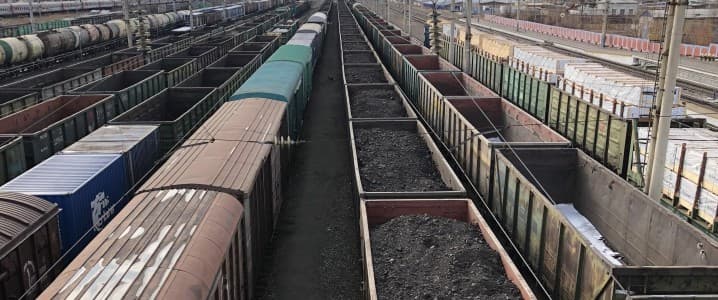
“Most banks have stopped issuing letters of credit after the SWIFT sanctions. As almost all contracts are dollar-denominated, we have no other way to make the payment,” a trader dealing in Russian coal and based in China told Reuters on Tuesday.
Despite the fact that Russia’s large-volume energy exports are not directly targeted by sanctions, the other sanctions already in place—especially the SWIFT ban—is making a growing number of traders in all energy commodities reluctant to deal with Russia, all the more so that banks decline to issue letters of credit in U.S. dollars.
Chinese traders are discussing with Russian coal exporters payments in Chinese yuan, for the first time, according to Reuters’ sources.
There is an option for buyers to use the Chinese banking settlement and clearing system, CIPS, at some point in the future.
Right now, even China is wary of dealing with Russian commodities, according to traders.
“Loading of Russian coal has almost stopped at the moment because of uncertainty over payments given the sanctions,” a market participant told Argus.
Even before the SWIFT ban, Chinese large state-owned banks were reportedly moving to restrict financing for Russian commodities purchases after Russia invaded Ukraine last week.
China is the single largest buyer of Russian coal, while Russia is the second-largest coal supplier to China after Indonesia.
Considering that the heating season is nearly at its end, China is not expected to have short-term issues with coal supply, according to Reuters.
The uncertainty over the payments for Russian commodities has already started to reverberate through the global energy markets, sending coal prices to record highs and adding to the supply disruptions from Indonesia, which restricts exports.